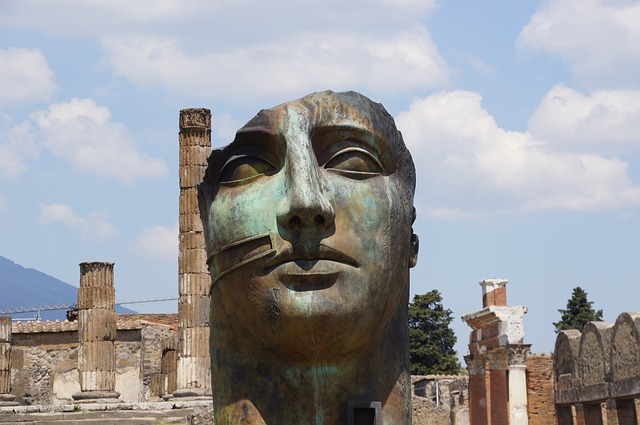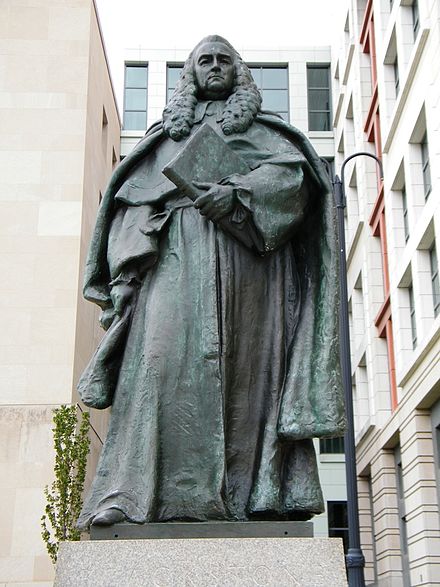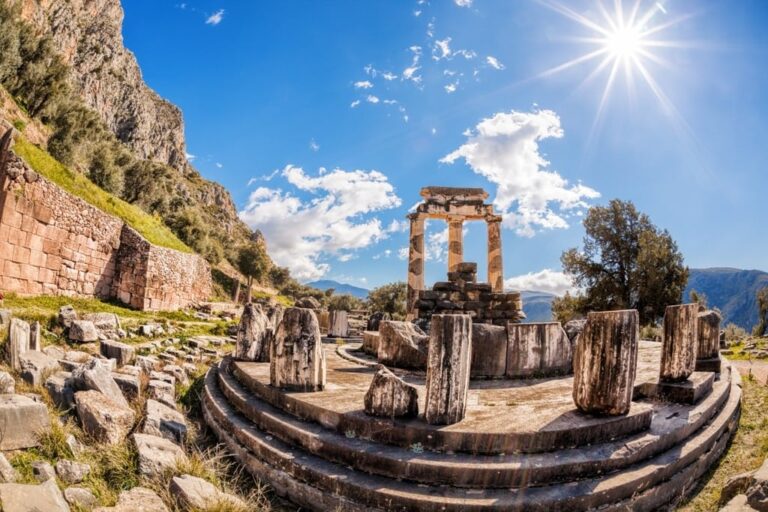The Nasty Religion of Naturalism
Author: David Duffy
Humanism of late has undergone a mutation; something else has taken its place (almost), a belief system which I will call ‘Naturalism.’As a world view it is neither scientific, rational or humane, but in the irrational fervour which it generates, it does qualify as genuine religion. True, Humanism necessarily respects and values the human person and is willing to study the human condition with an open mind. The Latin author Terence, expressed true Humanist sentiments when he said “I am a man, I count nothing human indifferent to me”, which leads me to my own preferred definition of Humanism – ‘the dignity and value of the human person in an unknown universe’ – this incorporates the essential elements of our movement: deep respect for human life plus enlightened scepticism allied to reliance on scientific method.Humanism is a human-centered world view. We must cherish and protect our natural environment, but it exists primarily to serve the human race.
Naturalism presents a different perspective altogether. The human race is viewed as an incidental random occurrence which has sought to inflict its will on the otherwise smooth flow of evolution. It posits nature and the evolutionary process as things of self-sufficient beauty – ends in themselves of ‘scared’, almost ‘mystical’ significance. We human parasites are seen as ‘invaders’ or even as a pervading disease on the face of the earth, a virus which has attempted to derail the sacred evolutionary flow with its infrastructure of civilization – such things factories, farms, cities, roads, mines, oil wells, power stations, fisheries and transport systems. The nature conservation, environmental and ‘green’ movements, have been adopted as a front by those who are philosophically committed to denigrating the human race. Their love of nature, of trees, and animals, is a mask, the true face of Naturalism is hatred for humans.
All of this should be of very minimal concern to me as I am not an ultra-green, mad environmentalist. I actually like and enjoy the beauty of man-made objects such as cities (not all cities, however), ocean liners, steam engines, antique silver, old and beautiful castles, books and good restaurants. Most of these decadent, self-indulgent luxuries require a heavy investment in taming and subduing the natural environment which is the source of all natural products.
The real concern which I feel now, is not based on simply a fear that these things which I love may be threatened by a new religion aiming to pull the rug out from under industry and commerce. Perhaps certain products of the modern consumer lifestyle should be done away with, they represent greed, ego, gross self-indulgence and bad taste.
Simplicity is a very desirable aim, but is must flow from the conscious, moral decision of the individual consumer, not from the infliction of a ‘feral’ value system on suffering humanity by the priests and gurus of Naturalism, who have decreed ‘ex-cathedra’ that our decadent lifestyle does not fit in with their post-industrial ploughed up Utopia with a small population of sanitised eco-conscious clones who walk ‘tippy-toed’ on environmentalist egg shells.
The attitude has nothing to do with Humanism which I espouse; I am a proud dweller in the Western World, who will continue to cherish the ethical and cultural heritage of Imperial Europe extending back to the first Elizabethans, Ancient Rome and Classical Greece.
True Humanism is the modern echo of the best minds of all past ages.



